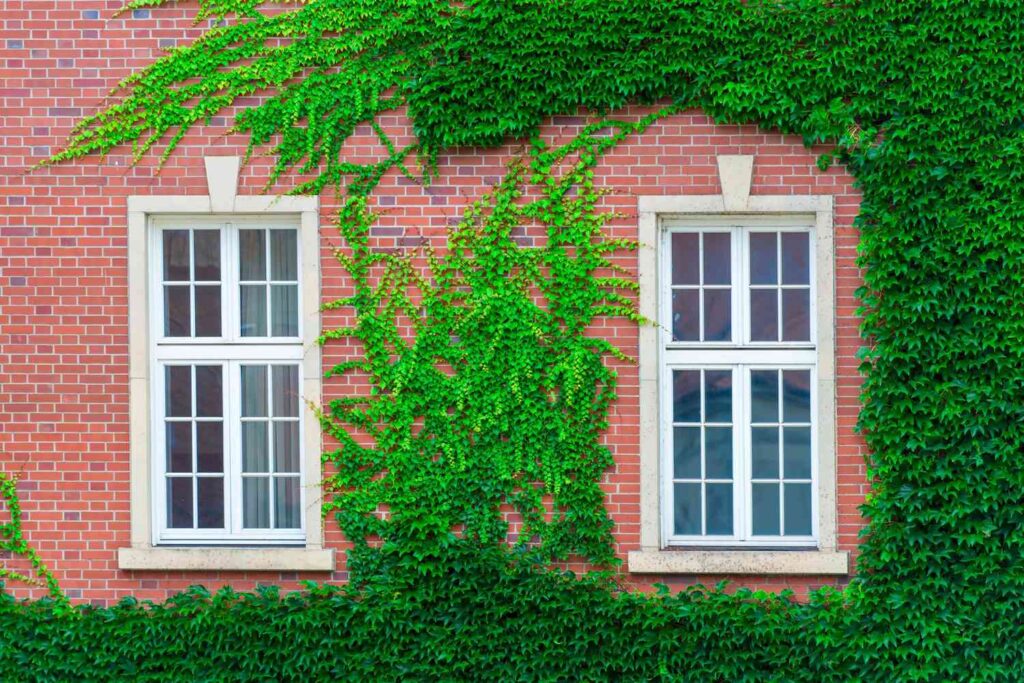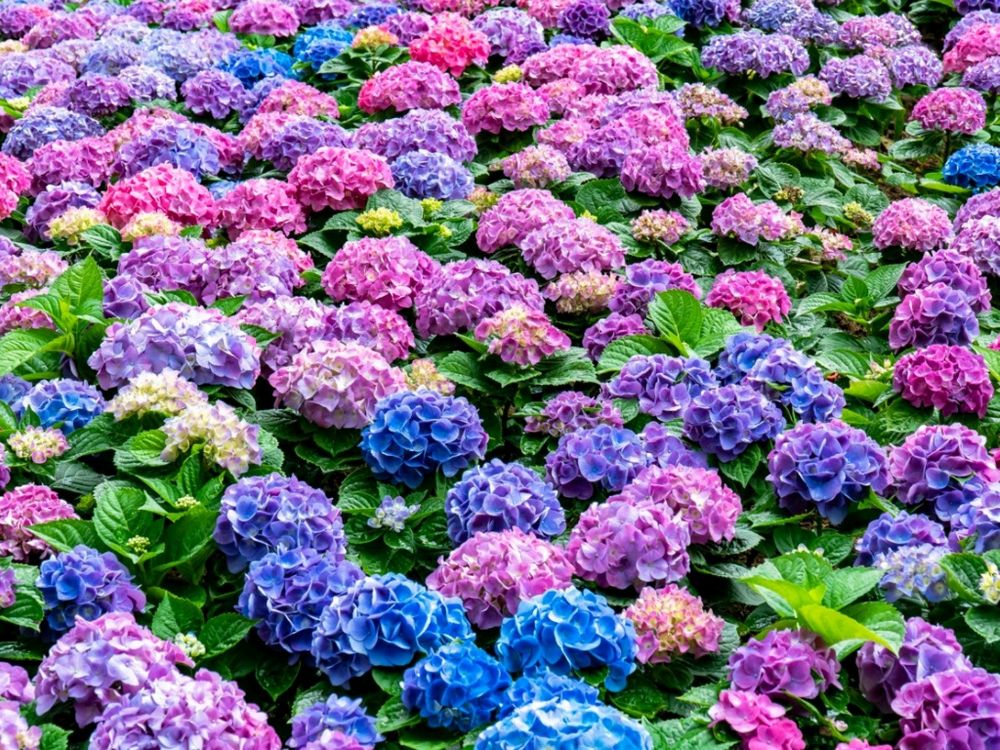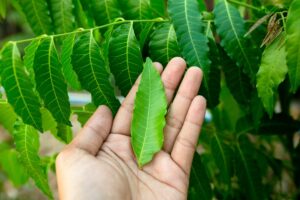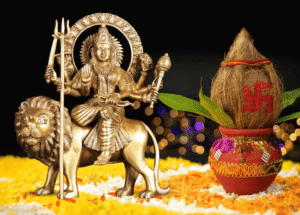‘Unlucky’ Plants You Should Avoid at Home to Attract Good Luck

'Unlucky' Plants You Should Avoid at Home to Attract Good Luck
According to ancient beliefs and energy principles, these plants may disrupt harmony and fortune in your living space
While many indoor plants are known to bring prosperity, peace, and good energy, not all greenery is auspicious. According to Vastu, Feng Shui, and various traditional beliefs, some plants can actually invite negative energy or hinder growth—emotionally, spiritually, or even financially. Here’s a look at 16 plants considered inauspicious or unlucky to keep indoors, and the reasons they are best removed from your home if you’re hoping to invite in good luck.
1. Thorny Plants (Including Roses, Holly, Crown of Thorns)
Despite their beauty, plants with thorns are believed to disrupt peace and can cause emotional and spiritual unrest. Their sharp nature is said to pierce the harmony of a household.
2. Ordinary Bamboo (Not Lucky Bamboo)
While lucky bamboo is cherished in Feng Shui, regular bamboo is said to cause instability and excessive fast growth that’s difficult to control, leading to imbalances in life.
3. Thorny Cactus
Often kept for aesthetic reasons, cacti are generally discouraged indoors. Their harsh, pointed thorns are said to attract loneliness and tension, and may block financial prosperity.
4. Dead or Dried Plants
Any plant that has withered or dried up represents stagnation and neglect. These are symbolic of decaying energy and can lead to emotional dullness and lack of motivation.
5. Yucca Plant
While popular for decor, Yucca’s sword-like leaves are believed to create energetic aggression. They’re seen as obstructive and unsuitable for peaceful homes.
6. Sickly or Unhealthy Plants
Plants that are consistently drooping, diseased or infested drain the life force of the home. They reflect low vitality and can act as magnets for negative energy.
7. Oleander
Known for its toxic nature, Oleander is visually appealing but poisonous. Beyond physical danger, its toxicity is believed to emit subtle negative vibrations.
8. Geraniums
Despite being cheerful-looking, geraniums are considered energy sponges. They absorb more than they give, leaving spaces feeling depleted over time.
9. Creeping Vines (Like Ivy)
Though lush, creeping vines are thought to symbolize entanglement and growing negativity, particularly when allowed to climb indoor walls. They may promote feelings of suffocation or overwhelm.
10. Hydrangeas
Hydrangeas are often linked to emotional instability and are said to emit a cold, detached energy. In many traditions, they represent loneliness or unfulfilled desires.

11. Snake Plant (Mother-in-Law’s Tongue)
This plant walks a fine line—considered both lucky and unlucky depending on placement. If kept in the wrong direction or area, it can create conflict or harshness in interpersonal relationships.
12. Plants With Uneven Number of Leaves
In Feng Shui and other systems, symmetry equals balance. Plants with uneven-numbered leaves are thought to cause disharmony and energetic irregularity in the home.
13. Poppy
While it may appear delicate, poppy is associated with misfortune and forgetfulness. Symbolically linked to death and illusion in many cultures, it’s best avoided indoors.
14. Mistletoe
Despite its festive reputation, mistletoe is seen as an energy parasite. It draws more energy than it offers and is traditionally linked to old superstitions of bad luck and danger.
15. Pothos (Money Plant Variant)
Though commonly kept in offices and homes, Pothos is said to hoard Chi (life force) rather than circulate it. This can lead to energetic stagnation and slow progress.
16. Algae-Filled or Overgrown Water Plants
Plants growing unchecked in water or developing algae can symbolize blocked wealth and energy stagnation. They may lead to emotional heaviness and missed opportunities.
If you’re striving to create a more vibrant, peaceful, and lucky home, it’s not just about adding greenery, it’s about choosing the right kind. Regularly tend to your plants, remove those that feel heavy, and opt for those that are energetically uplifting and supportive of your home’s energy flow. Nature can heal, but only when it’s in balance.












